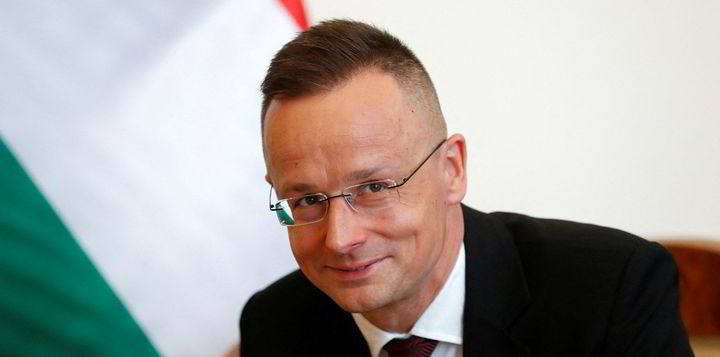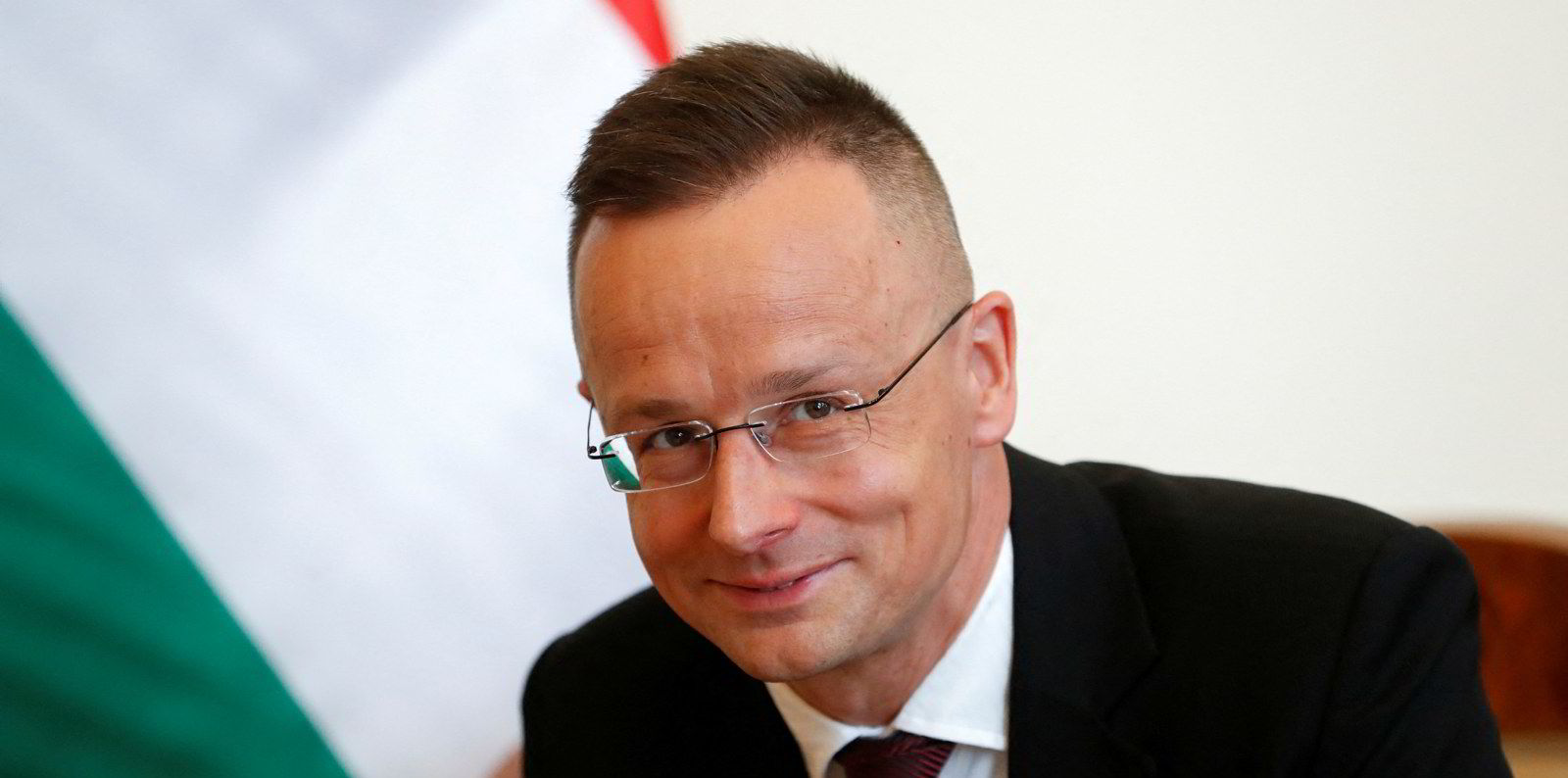Russia has resolved to continue with preferential natural gas and crude oil supply terms for Hungary during the upcoming winter and next year, Hungary’s Minister of Foreign Affairs Peter Szijjarto said, following talks in Moscow – despite a recent Kremlin decision to place Hungary on a list of “unfriendly nations”.
Russian state gas giant Gazprom confirmed the arrangements in a separate statement, but said it was not yet a definite and final agreement.
The development is significant for landlocked Hungary, which is a member of the Nato alliance of western nations while also depending on Russia for much of its energy supplies.
At the end of March, Moscow updated its list of “unfriendly nations” – states that introduced sanctions against Russia and its corporations in response to its invasion of Ukraine last year – and suddenly added Hungary to the list.
But Szijjarto said his talks this week with Russian Deputy Prime Minister Alexander Novak and Gazprom led to a commitment that Hungary may now order Russian gas deliveries that exceed its already contracted volume.
In 2021, Hungary’s gas importer and distributor MVM had signed a 15-year agreement with Gazprom for the annual supply of 4.5 billion cubic metres of gas.
Article continues below the advert
“Cooperation with Russia will remain decisive in terms of the security of energy supply” to Hungary, Szijjarto said in a video address at the Hungarian embassy, after the Moscow talks.
“It is not a question of political or ideological like or dislike,” he said in the address, which he posted to his social network page Tuesday evening.
Gazprom also has agreed to extend last year’s arrangement with Hungary that capped the purchase price of Russian gas at €150 ($164) per megawatt-hour for this winter.
Szijjarto suggested Europe may find it more challenging to replace Russian pipeline gas supplies as China’s growing economy soaks up more liquefied natural gas cargoes.
The arrangement permits MVM to reschedule the part of its payment for gas above the purchase price cap to a later date convenient for the gas importer, Szijjarto said.
He said Novak also assured him about the security of Russian gas supply to Hungary via the Gazprom-operated TurkStream pipeline that crosses the Black Sea, exits in Turkey and then reaches Hungary via transmission networks in Bulgaria and Serbia.
Novak guaranteed Russia has sufficient resources to maintain and support “problem-free operations” of this subsea pipeline in the environment of international sanctions and the withdrawal of specialised western contractors, Szijjarto said.
Hungary also has been able to extend its earlier temporary arrangement with Russian state oil pipeline operator Transneft to continue buying Russian oil – transiting Ukraine – on Hungary’s border with Ukraine, rather than to move the purchase point to Ukraine’s eastern border with Russia, Szijjarto said.
Hungarian oil and gas producer MOL also will keep paying Russian oil-transit fees to Ukraine on behalf of Transneft, which is blocked from making any payments to Ukraine by international sanctions, he said.
Some 80% of MOL’s oil supply – estimated at about 125,000 barrels per day – comes from Russia, arriving in Hungary via the Friendship pipeline, though the company has recently announced plans to build alternative oil supplies. A test cargo of Azeri Light oil arrived at MOL’s Slovnaft refinery in Slovakia in March.

